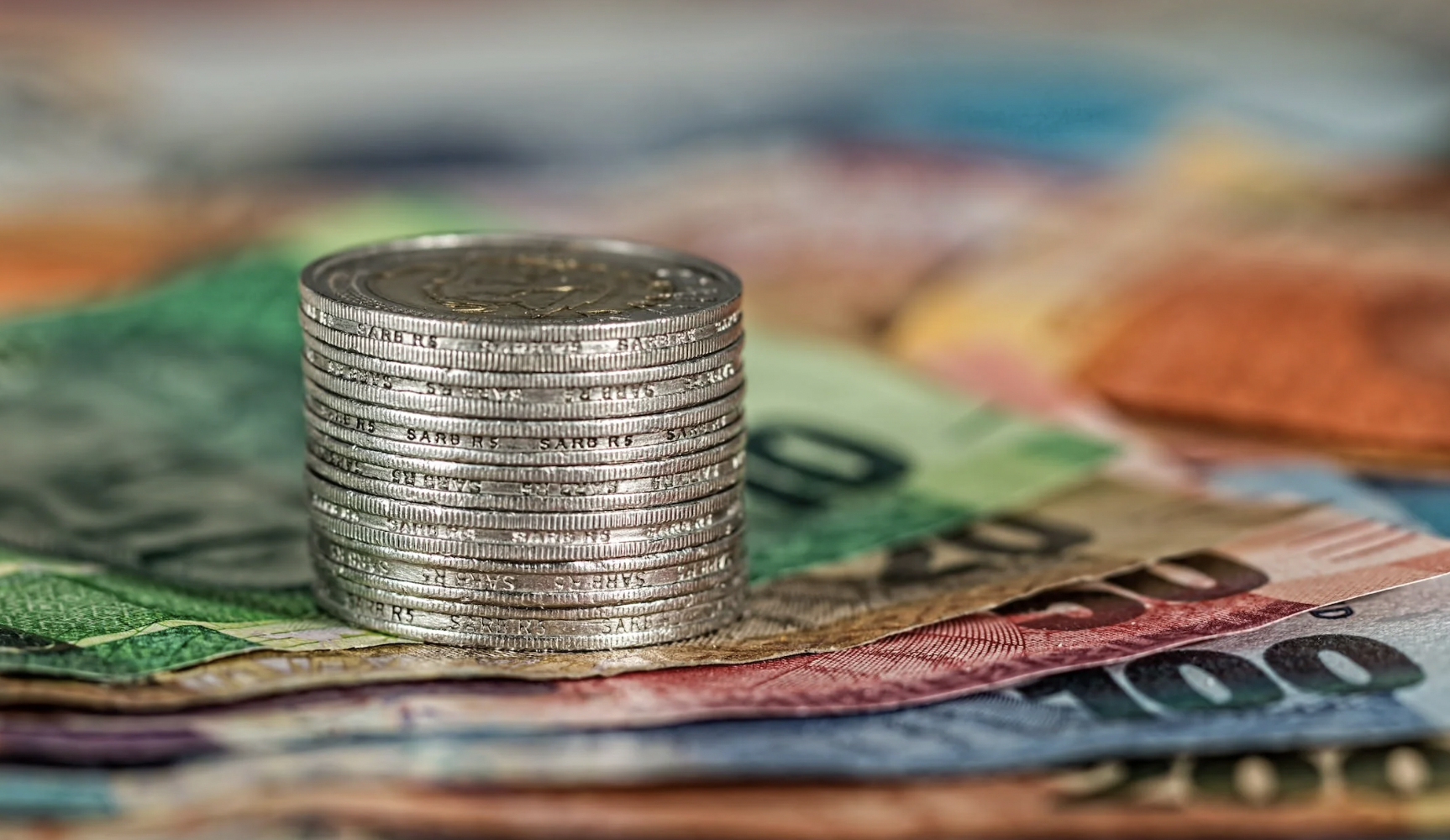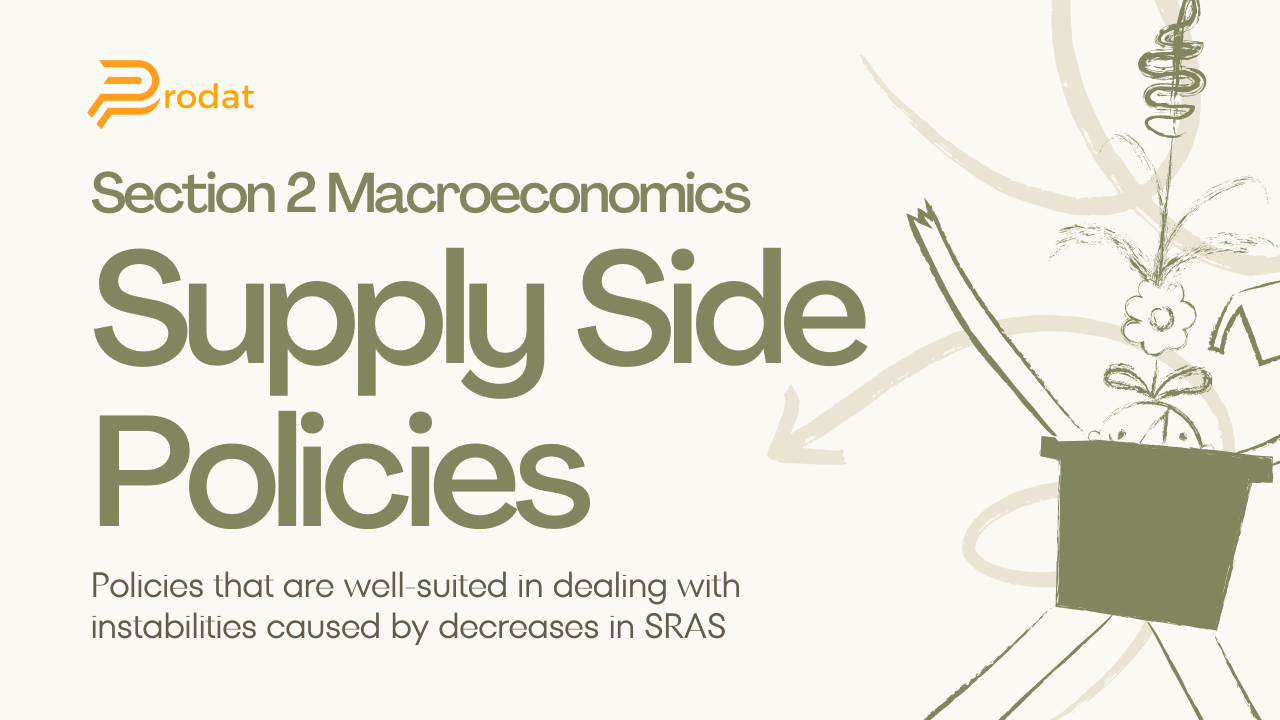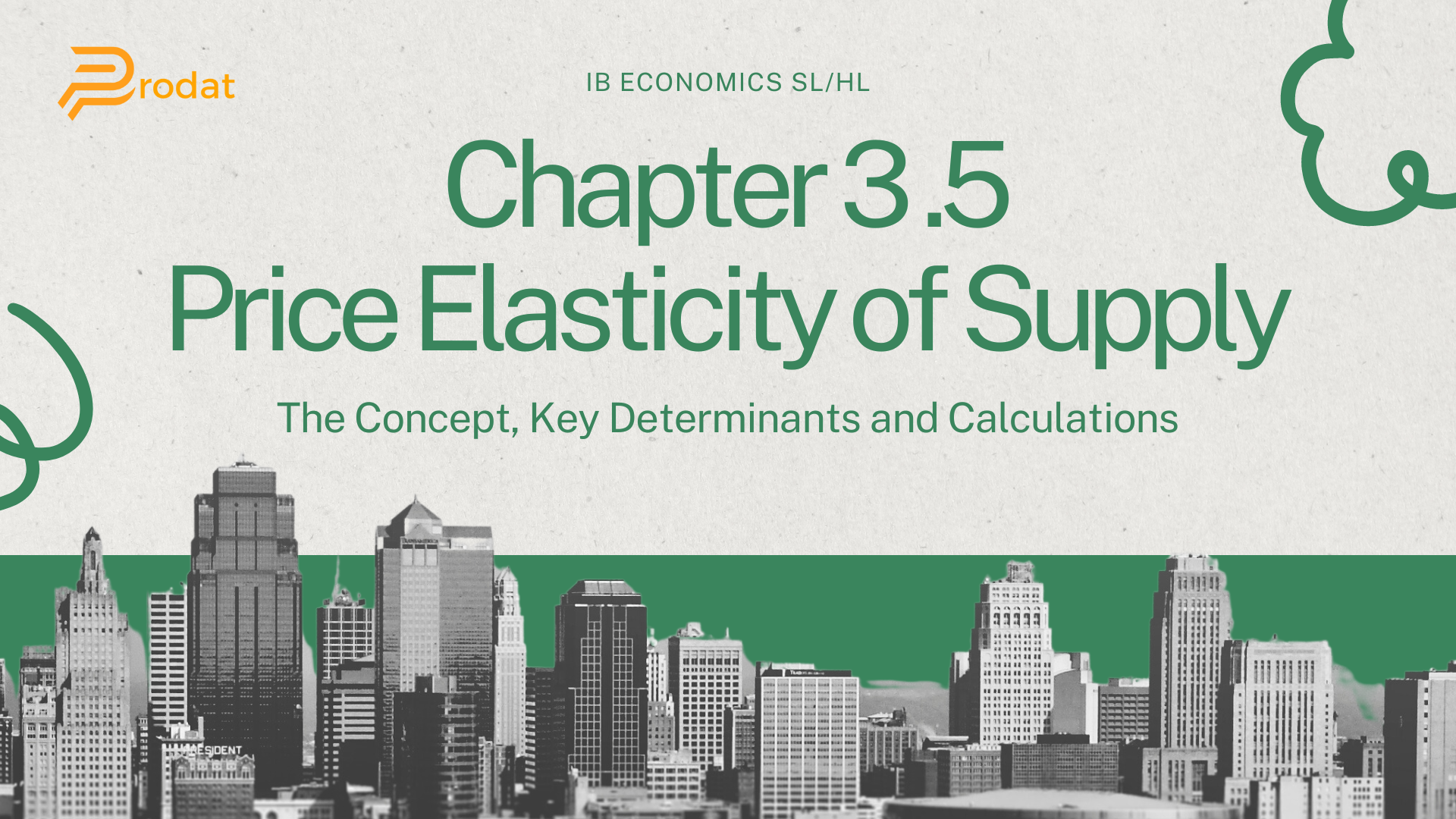Table of Contents
- Essential Definitions
- Define feudalism.
- Define Say’s law.
- Define command economy.
- Define utility.
- Define law of diminishing marginal utility.
- Define political economics.
- Define division of labour.
- Define invisible hand.
- Define total utility.
- Define marginal utility.
- Define normaltive economics.
- Define mercantilism.
- Define laissez-faire.
- Define mass production.
- Define free market.
- Define linear economy.
- Define circular economy.
- Define positive economics.

Here are some essential definitions you really need to know for this topic!
Essential Definitions
Define feudalism.
The dominant social system in medieval Europe, in which the nobility held lands from the Crown in exchange for military service, and vassals were in turn tenants of the nobles, while the peasants were obliged to live on their lord’s land and give him homage, labour, and a share of the produce, in exchange for military protection.
Define Say’s law.
An economic law introduced in 1803 by the French economist Jean-Baptiste Say, which states that the production of goods creates its own demand.
Define command economy.
A rationing system where all economic decisions are taken at the centre by the government. There is no private property; all resources are owned by the state. Also called ‘centrally planned economy’.
Define utility.
Measure of satisfaction or usefulness a consumer receives when they consume a product.
Define law of diminishing marginal utility.
The principle that as additional units of a good or services are consumed, the marginal utility will decline.
Define political economics.
An interdisciplinary branch of the social sciences that focuses on the interrelationships among individuals, governments, and public policy. It is the study of how economic theories play out in the real world. It is widely used to describe any government policy that has an economic impact.
Define division of labour.
The distribution of different parts of a manufacturing process or task to different people in order to improve efficiency.
Define invisible hand.
A term first brought up by the Scottish philosopher Adam Smith in the 18th century, in reference to the tendency of free markets to regulate themselves by means of competition in the pursuit of self-interest.
Define total utility.
The total satisfaction gained by consuming a certain amount of a good or service.
Define marginal utility.
The benefit gained from consuming one additional unit of a product or service.
Define normaltive economics.
Economic statements based on norms, and thus based on subjective evaluation. They cannot be proved or disproved scientifically.
Define mercantilism.
The economic system predominant in Europe during the 1500s, based on the idea that a nation’s wealth and power were best served by increasing exports, in an effort to collect precious metals like gold and silver. Mercantilism replaced the feudal economic system in Western Europe.
Define laissez-faire.
A term that comes from the French phrase ‘laissez faire et laissez passer’ (it means approximately ‘leave alone’). It makes reference to the economic concept of government not interfering in the working of the free market.
Define mass production.
The production of large quantities of a standardised product by an automated mechanical process.
Define free market.
A free market economy is a rationing system where all economic decisions are taken by consumers and producers through the price mechanism without government intervention, and resources are privately owned by people and firms.
Define linear economy.
A way in which the flow of resources and goods in an economy works. It refers to a ‘take–make–dispose’ step-by-step system. This means that raw materials are collected, then transformed into products that are used until they are finally discarded as waste.
Define circular economy.
A new way in which the flow of resources and goods in an economy works in contrast to the linear economy.
It is based on the principles of ‘designing out’ waste and pollution, keeping products and materials in use, and regenerating natural systems, with the intention of making economic growth sustainable and preserving the environment.
Define positive economics.
Economics statements based on facts or evidence, free from subjectivity. They can be tested scientifically and proved or disproved.
Read more IB revision guides here!



